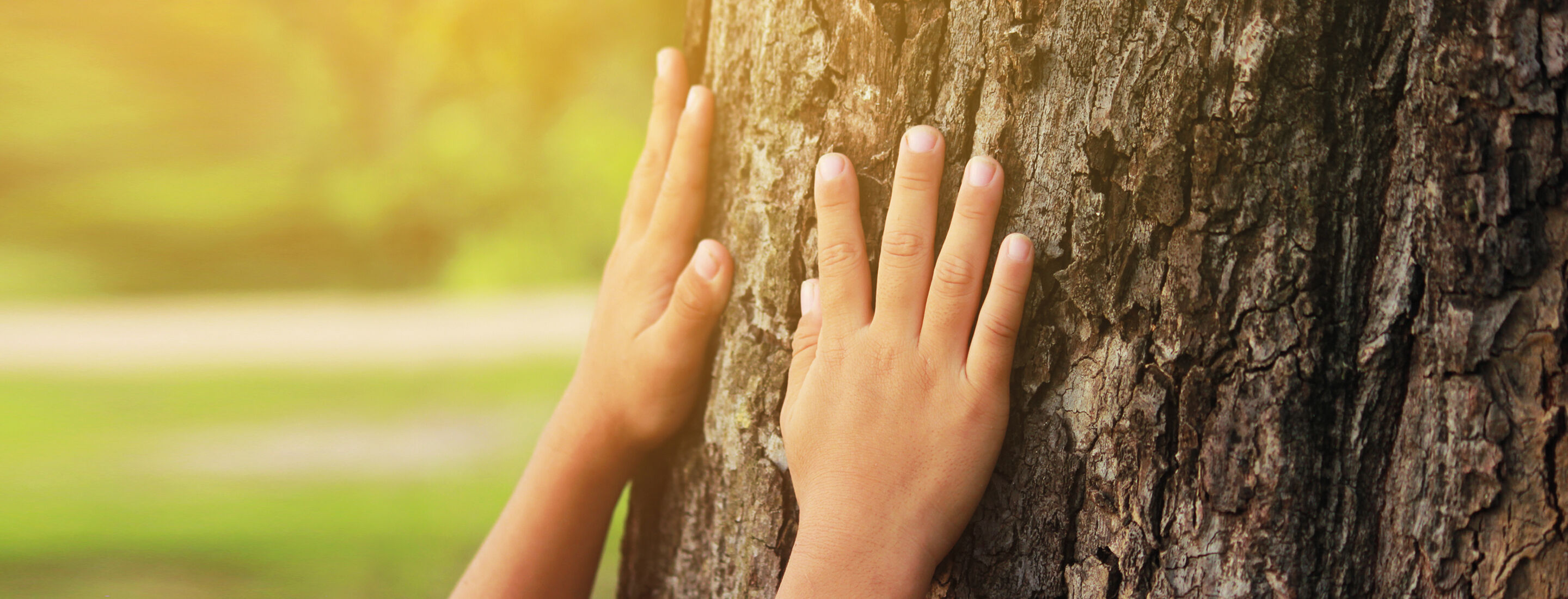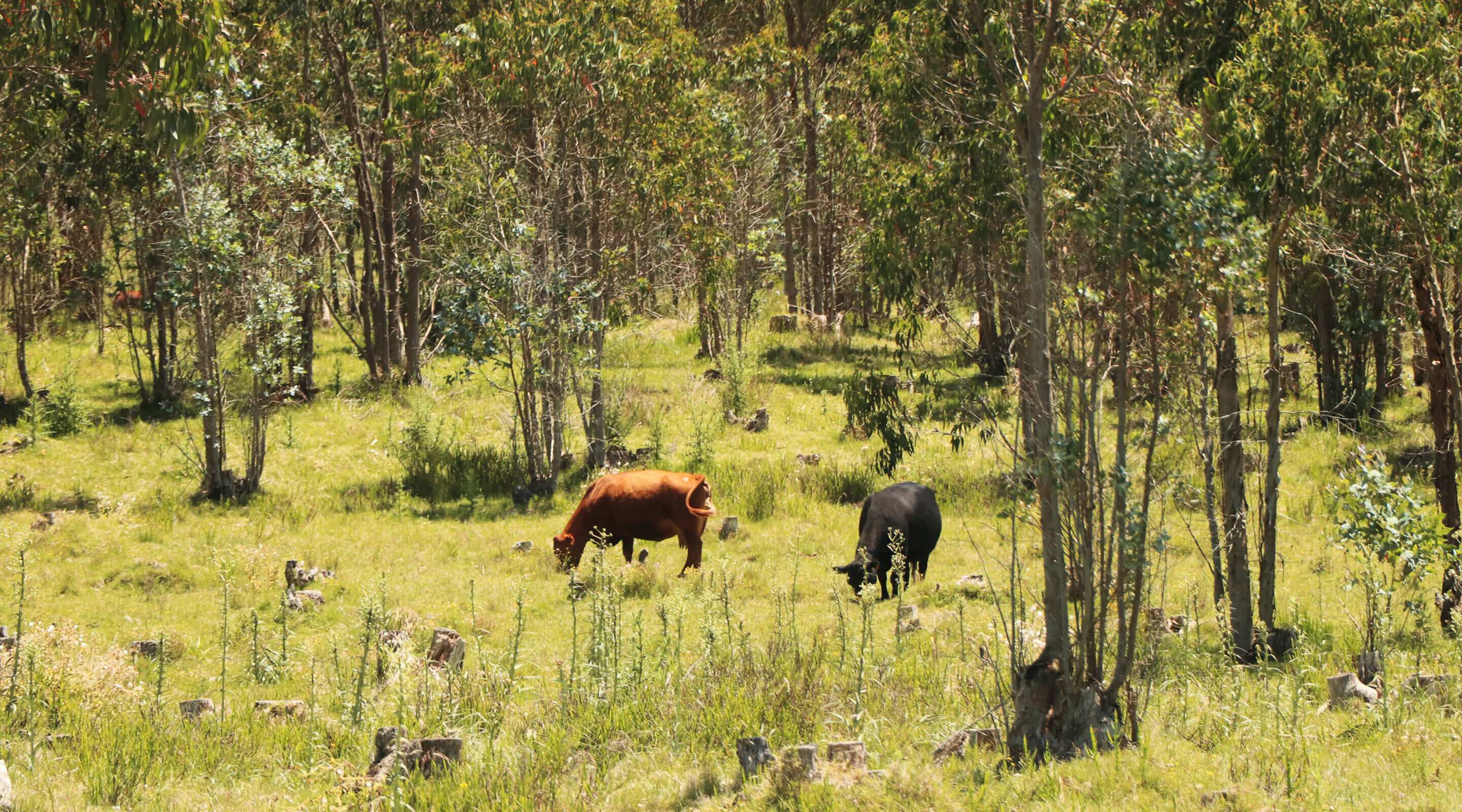Our responsibility
We love dogs. And we love nature. So we accept responsibility for our ecological footprint and for future generations. We offset all of our emissions – from the farm to dispatch – with climate protection projects and work constantly to minimise our CO₂ emissions We also champion social and sustainable project around the globe, such as plantation reforestation in Eastern Uruguay. There we are planting trees in various forest areas that were previously used as pasture for beef cattle.
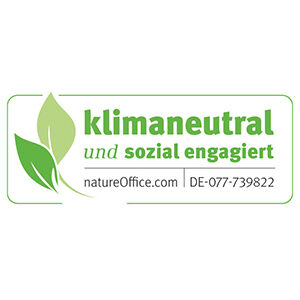
That’s what we mean by sustainable and climate-neutral production of premium dog food.
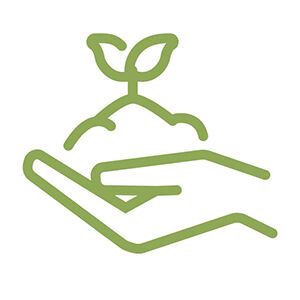
Supporting regional agriculture
We work with regional farmers wherever possible. This enables us to support them directly, while reducing CO2 emissions with short transport routes. Take our potatoes and vegetables, for example, which come straight from Bavaria. Fair working conditions and price are important to us.
Good things need to be protected.
Most of our sacks are made from renewable raw materials. Inside the paper sack is an additional inner layer which keeps the contents fresh. The tin cans for our canned food are infinitely recyclable, and the label is made from recycled paper, so we avoid unnecessary environmental pollution.
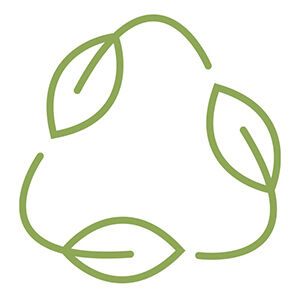
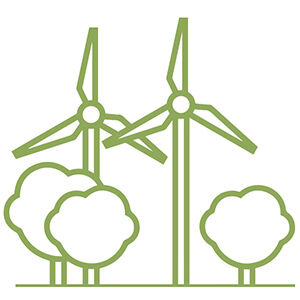
The thing about CO₂
When we produce Goood, we inevitably release some carbon dioxide into the atmosphere. Farming, manufacturing and transportation. They all create CO2. We can’t change that, but we do what we can to minimise it with energy-saving production methods, for example. Or by keeping transport distances as short as possible.
We work with our climate protection partner natureOffice to offset the CO₂ that cannot be avoided.
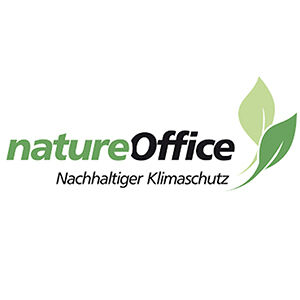
Offsetting CO₂
We support natureOffice and Eden Reforestation in their work protecting forests and planting trees around the world. Because climate protection is a global matter. And the trees convert the released CO₂ back into oxygen by photosynthesis.
- "WEYERHAEUSER - URUGUAY"
Plantation reforestation of degraded land. This project based in Eastern Uruguay covers a number of forest areas that were previously used as pasture for beef cattle. Grazing large beef herds is a form of land use that results in severe soil erosion and degradation. The soil becomes so degraded that it is barely able regenerate naturally. The core mission of this project is therefore to replant the area with indigenous trees. Plant growth, with the aid of environmentally-friendly herbicides, regular pruning and thinning. Indigenous varieties such as eucalyptus and pine are primarily used for reforestation.

